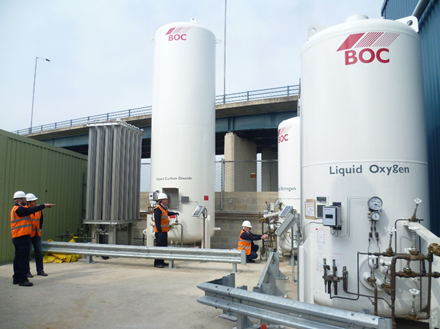Aims

NEWEST-CCUS aims to de-risk and accelerate the development and deployment of CO2 capture technologies tailored specifically for waste-to-energy (WtE) applications.
Carbon capture, usage and storage (CCUS) has the potential to significantly reduce CO2 emissions vented to the atmosphere and, in the context of WtE, could contribute to achieving net negative CO2 emissions.
Climate change and the management of ever-increasing amounts of waste are global challenges recognised by both the 2015 Paris Agreement and the EU Circular Economy Action Plan. There is now a growing interest in CCUS for WtE, for example, in Norway, Germany and The Netherlands, yet the potential for achieving net negative emissions by combining both has not yet been properly characterised.
This project harnesses European expertise and innovation to establish CCUS for WtE as a substantial contributor to global climate action, and expand the range of fuel sources that are ready for use in combination with CCUS to create high-quality jobs while responding to the climate emergency.
Innovation on the project will focus on progressing the Technology Readiness Levels (TRLs) of technologies for WtE sites through a combination of pilot-scale testing and modelling, including:
- Oxy-firing technologies, focusing on developing circulating fluidised bed technology with the potential for higher efficiency with solid recovered fuels
- Membrane-based CO2 separation, considering its application as a hybrid method using partial flue gas recirculation and oxygen enrichment
- Solvent-based post-combustion capture and, in particular, knowledge and technologies addressing the need to handle a more diverse range of combustion impurities in challenging fuel flue gases associated with typical WtE plants
Specific objectives of NEWEST-CCUS that will support the successful delivery of these aims include:
- Providing a full overview of technical possibilities and limitations of several CO2 capture technologies for residential and industrial waste types
- Improving net efficiency of CO2 capture solutions for WtE through improved understanding of performance management options, building on insights from pilot-scale testing and process modelling to explore thermodynamic integration options
- Investigating operational issues for CO2 capture processes operating with waste-derived flue gases
- Demonstrating promising CCUS technologies for WtE, developing these options to TRL 5-8
